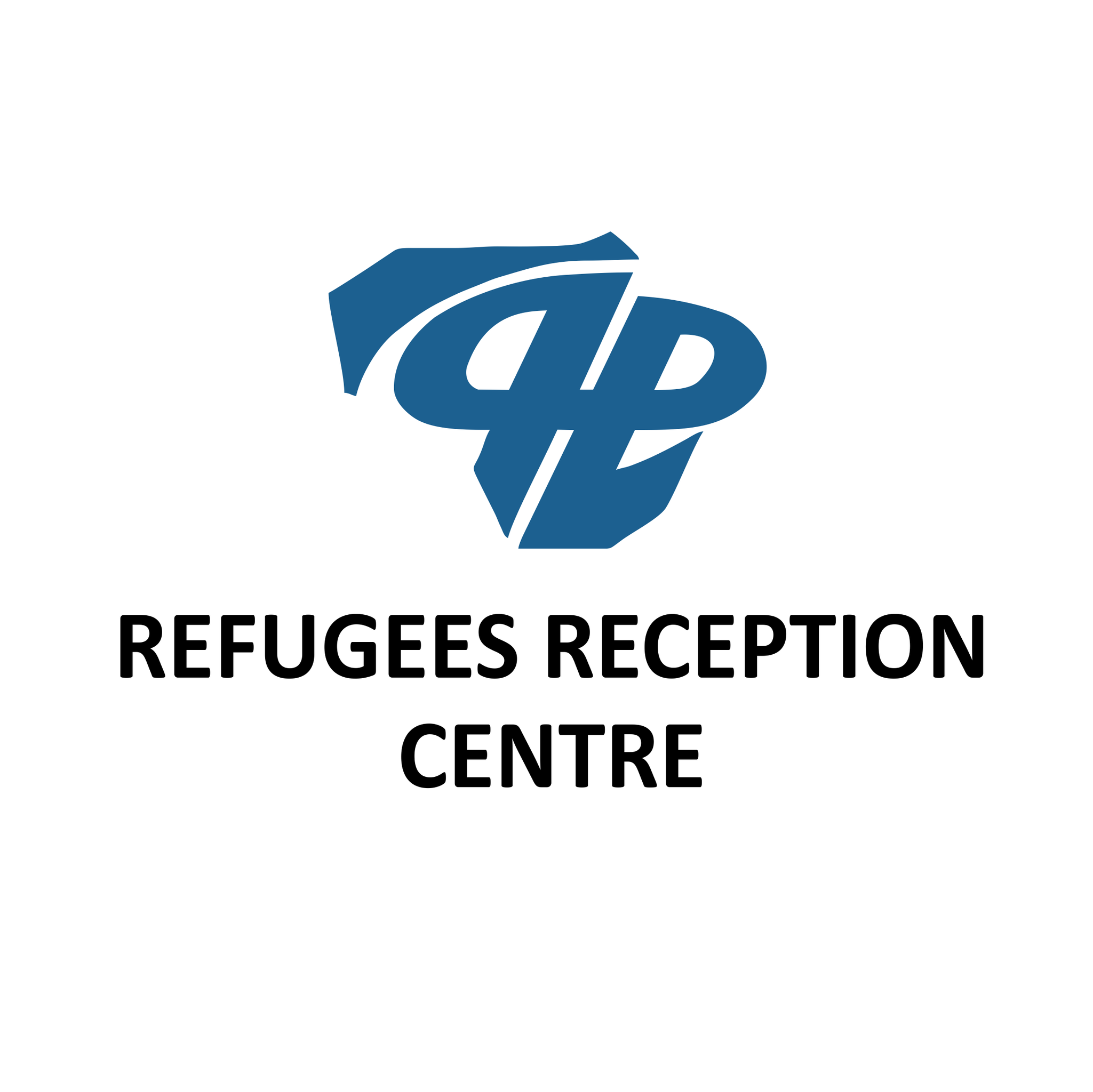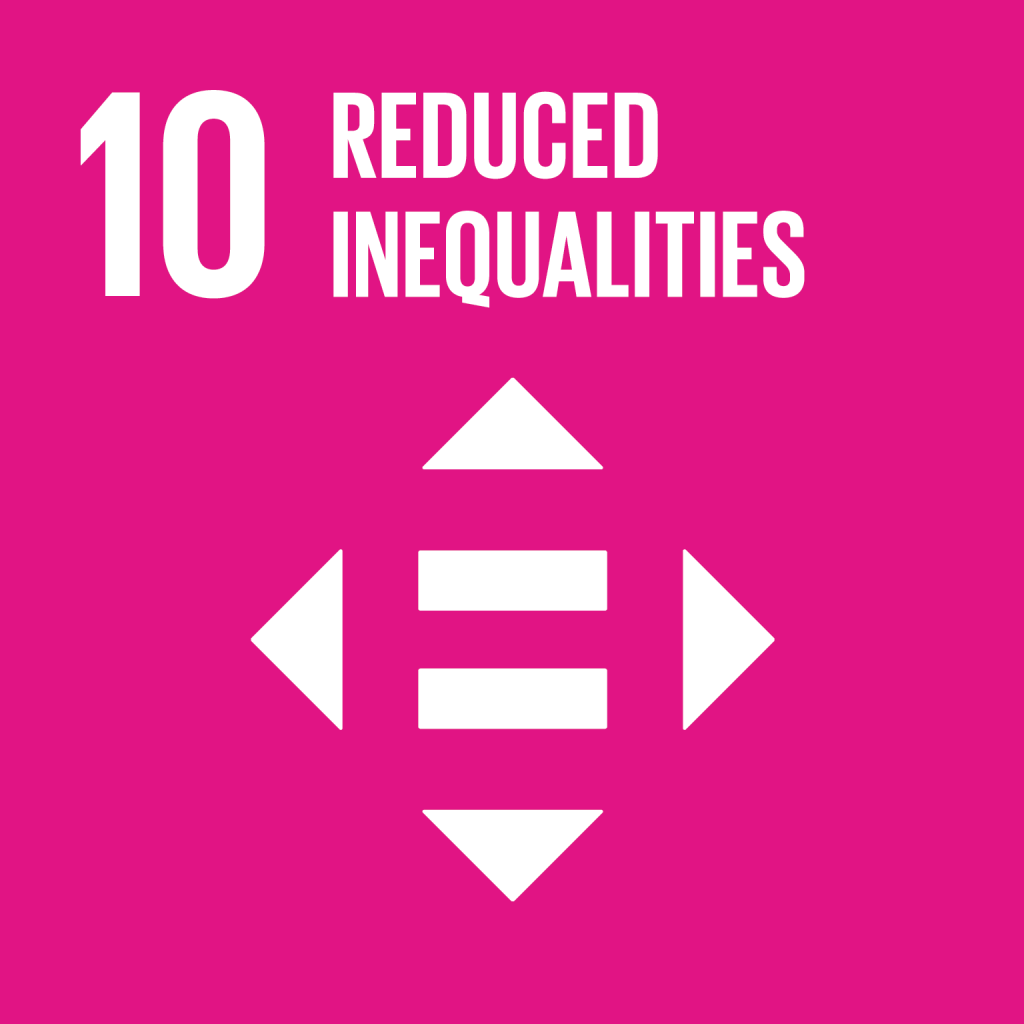-
Who We Are
WHO WE AREThe International Organization for Migration (IOM) is part of the United Nations System as the leading inter-governmental organization promoting since 1951 humane and orderly migration for the benefit of all, with 175 member states and a presence in over 100 countries. IOM has had a presence in Belgium since 1973.
About
About
IOM Global
IOM Global
-
Our Work
Our WorkAs the leading inter-governmental organization promoting since 1951 humane and orderly migration, IOM plays a key role to support the achievement of the 2030 Agenda through different areas of intervention that connect both humanitarian assistance and sustainable development. IOM in Belgium and Luxembourg provides a comprehensive response to the humanitarian needs of migrants, returnees and host communities.
Cross-cutting (Global)
Cross-cutting (Global)
- Data and Resources
- Take Action
- 2030 Agenda

Sponsors, Hosts and Volunteers Invited to Share their Experience in a New Survey
IOM and Odisee University of Applied Sciences have launched a survey to gather insights from residents who have actively supported displaced persons in their integration efforts as a host, sponsor, buddy or volunteer. Have you provided such support? Then take our survey now!
Many engaged local residents have helped displaced persons with finding employment and housing, navigating the education system, learning the local language and establishing social connections. This survey seeks to better understand their experiences, motivations, and needs, in order to provide more tailored support to both volunteers and displaced persons in upcoming Community Sponsorship schemes within the RISE project framework.
-
Survey Duration: 30 Minutes
-
Survey is available in English, Dutch, French, Italian, Lithuanian, Ukrainian, Russian
-
All responses are anonymous
The project
The Reinforcing Integration through Sponsorship Enhancement (RISE) project aims to promote community sponsorship (CS) schemes and integration of persons in need of international protection. The objective is to contribute to addressing housing shortages for beneficiaries of international protection by piloting community sponsorship schemes and enhancing engagement of sponsors in Belgium, Italy and Lithuania.
The project follows the "Housing at the Centre" approach, which recognizes access to affordable and accessible housing as a fundamental human right and essential for building sustainable communities. The initiative seeks to achieve multiple objectives, including:
- Strengthening knowledge on existing programmes and increasing capacities to implement innovative schemes with a focus on housing (by assessment of the most effective approaches to housing solutions for CS models);
- Increasing the availability of and access to housing options (by mobilising support from local governments, real estate agencies / landlords and host families;
- Developing toolkits;
- Ensuring the engagement of sponsors and building their capacity on housing;
- Matching sponsors with beneficiaries of international protection;
- Expanding the number of Member States implementing CS programmes focused on housing solutions (by piloting and assessing schemesin BE, IT and LT) ;
- Fostering cross-border exchange and disseminate lessons learned (by organizing transnational events and publishing thematic briefs structured around 5 areas on access to housing, in particular: engagement of local communities, recruitment and support for sponsors, repository of available housing facilities and verification of available accommodations, mechanisms for matching sponsors with people in need of international protection, training of sponsors).
Through this approach, it seeks to generate a positive momentum towards greater housing equality.
Who will benefit from this project?

Why is this action relevant?
"In 2022, 881,220 first-time asylum seekers applied for international protection in the European Union (EU), which was the highest number since the peaks of 2015 and 2016, and 384,245 asylum seekers were granted protection status. Moreover, around 4 million people fleeing Ukraine after the Russian invasion benefitted from temporary protection in the EU. In addition to that, in 2023, 17 EU Member States (MS) pledged more than 29,157 places for resettlement and humanitarian admission." (Source)
The growing number of applicants and beneficiaries have put significant pressure on MS' reception systems and, in particular on the availability of housing.
In this light, the EU’s 10-Point Plan on stronger European coordination on welcoming people fleeing the war, acknowledged the need for longer-term accommodation solutions. The European Commission (EC), in its Recommendation on Legal Pathways to Protection in the EU, encouraged MS to rely on community sponsorship (CS) to increase resettlement places while fostering integration and overcome challenges related to the limited availability of hosting mechanisms, stressing the EU's readiness to support its MS in establishing CS schemes, relying on housing facilities beyond the traditional concept of state-led reception facilities.
The EC feasibility study, which explored possible EU actions to support MS in setting up community sponsorship has further demonstrated the interest and support at the EU level for the development of new CS schemes. While sponsorship programmes demonstrated a great success in Canada, Australia, the UK and the US, allowing many people to benefit from community integration support, in Europe most programmes have been developed relatively recently. The EC in its Communication Towards a reform of the common European asylum system, encouraged the development of the best practises at EU-level, taking inspiration from the models and experience from other third countries. As a part of the New Pact on Migration and Asylum, the EU has committed to supporting national community sponsorship schemes to develop a European model of community sponsorship.
Timeline


- Partners
-
Rise is implemented in partnership with:




And other associated partners (RISE Advisory Committee Members):






- Geographical coverage

- In support of the Sustainable Development Goals (SDGs)
-


- Contact
-
Are you interested in learning more about the RISE project in Belgium?
Contact Audrey Bety at abety@iom.int